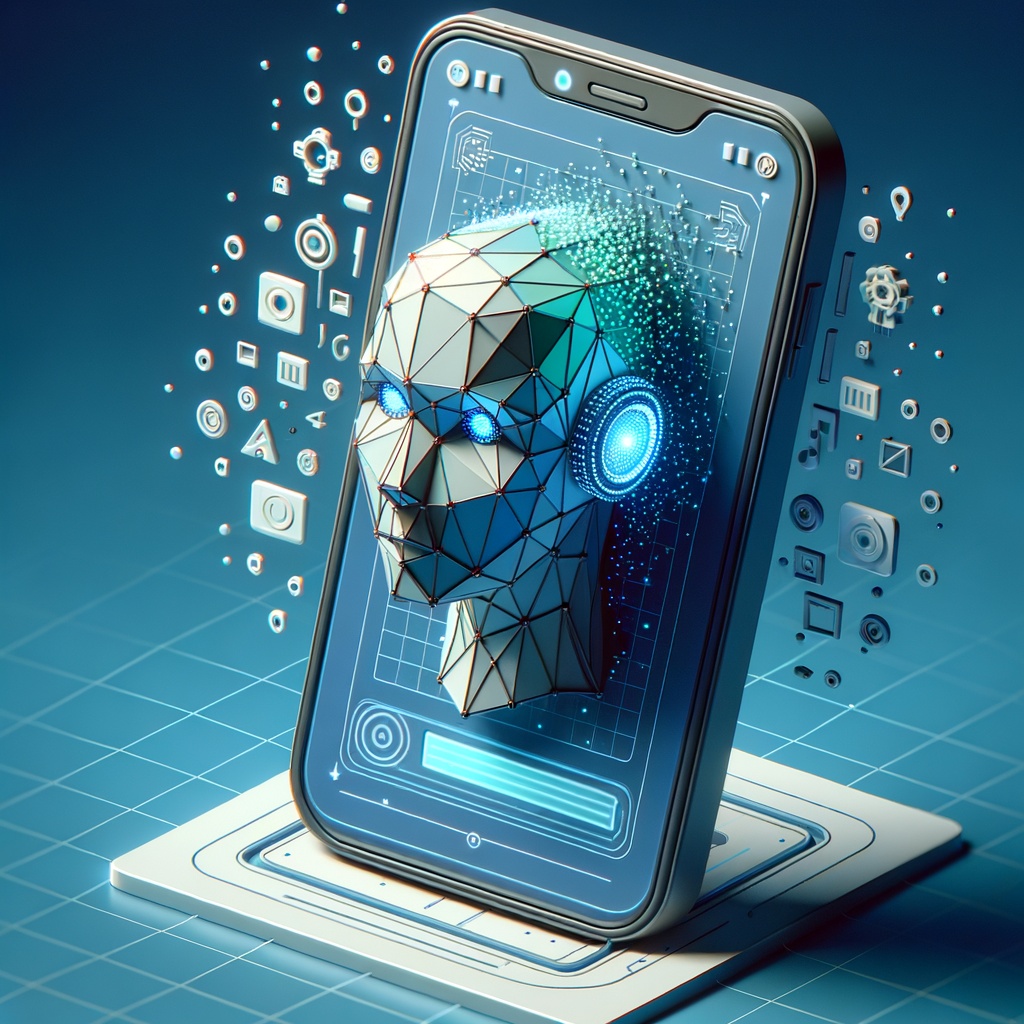Reader's message This is an introduction to the discussion, written by an external contributor. The publication expresses the opinions of the writer.
After a powerful and engaging meeting with high school teachers this week, I am left with more questions, wonders, and concerns. I wonder if we are doing our young people a disservice by not being more critical of digital tools and artificial intelligence. I wonder how we can let teachers, who are supposed to build a relationship with students and create a good learning environment, bear the brunt of society's slow response when it comes to developing technology, developing knowledge and legislation. So I'm probably the most worried. I worry that honest, hard work is no longer paying off.
Our brain does not like cheating and bad manners. Don't be fooled. The issue of future-oriented learning and development involves a very large number of digital tools and artificial intelligence. All the possibilities that lie in this area are completely future-oriented. But when it comes to learning, I would like to quote one of the lecturers I met; The most future-oriented way we can learn is the invention of pen and paper. Read books, sharpen your pencil, and write elegant letters in your notebook. When the goal is learning, which we can all agree we want to achieve through education, this somewhat “old-fashioned” is precisely the most forward-looking. Why? Because it works. The brain is not fooled. But when we make sure that the brain is used and we are able to create good cognitive development, it is future-oriented that we will be able to use all the possibilities that lie in digital tools and artificial intelligence.
Is it about stopping digital development? no. But the point is that we have to understand that, before we can let it control us.
We must realize the possibilities. But we must also know the consequences. We must ensure that the school, as an arena, and with its social responsibility, has the knowledge and tools to balance possibilities while recognizing consequences.
Artificial Intelligence is an important part of the world and future that students face. At the same time, values such as democracy and freedom of expression may come under pressure in a world where “fake news” and influence campaigns gain stronger tools through the use of artificial intelligence. What knowledge do children and young people need to safely maneuver this landscape and how can schools contribute? The Directorate of Education sent 10 pieces of advice to schools. Among other things, it is about being aware of use, talking to students, using safe solutions and showing caution. But what if the school does not yet have sufficient knowledge of the consequences? When moralizing doesn't work, because you can still cheat your way to better grades using AI. What if secure solution tools don't exist?
In short order, students will begin full-day exams. The pen and paper have been put away, KI can be your exam partner, and the school has no chance to separate the wheat from the wheat. So I think we politicians have a responsibility. We need to increase knowledge, and we need to make sure the school has the tools it needs. We must contribute to ensuring the competence of young people now and in the future.
I am therefore pleased that the government has begun work on a new national digital strategy. When technology changes school – together we must decide how.
Is the brain fooled? No, honest and hard work still pays off. If what you are looking for are actual learning outcomes and not just a high grade.
hilde stock lote, Member of the Board of Directors Lillehammer Sp and representative. In the selection for education and culture

“Web specialist. Lifelong zombie maven. Coffee ninja. Hipster-friendly analyst.”


